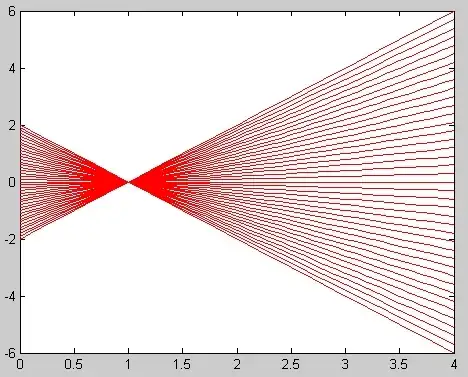I rewrite equation to common view
$$\frac{\partial u}{\partial t}+u\frac{\partial u}{\partial x}=0$$
There is a solution with each initial value, but this solution exists only for $t\le t_{r}$, where $t_{r}$ is a point where the phenomenon of "rollover" occurs. This phenomenon occurs if some characteristics of this equations intersect. Here is a picture of characteristics:

It shows that characteristics of this equations intersect on the moment $t=1$
Before the moment $t=1$ the solution is:
$$u(x,t)=f(x-ut),$$ where $$f(x)=-x $$
After the point $t=1$ the solution does not exist. There you should change your equation to conservation law:
$$\frac{\partial u}{\partial t}+\frac{\partial}{\partial x}\left(\frac{u^2}{2}\right)=0$$
and define the order of this law.
